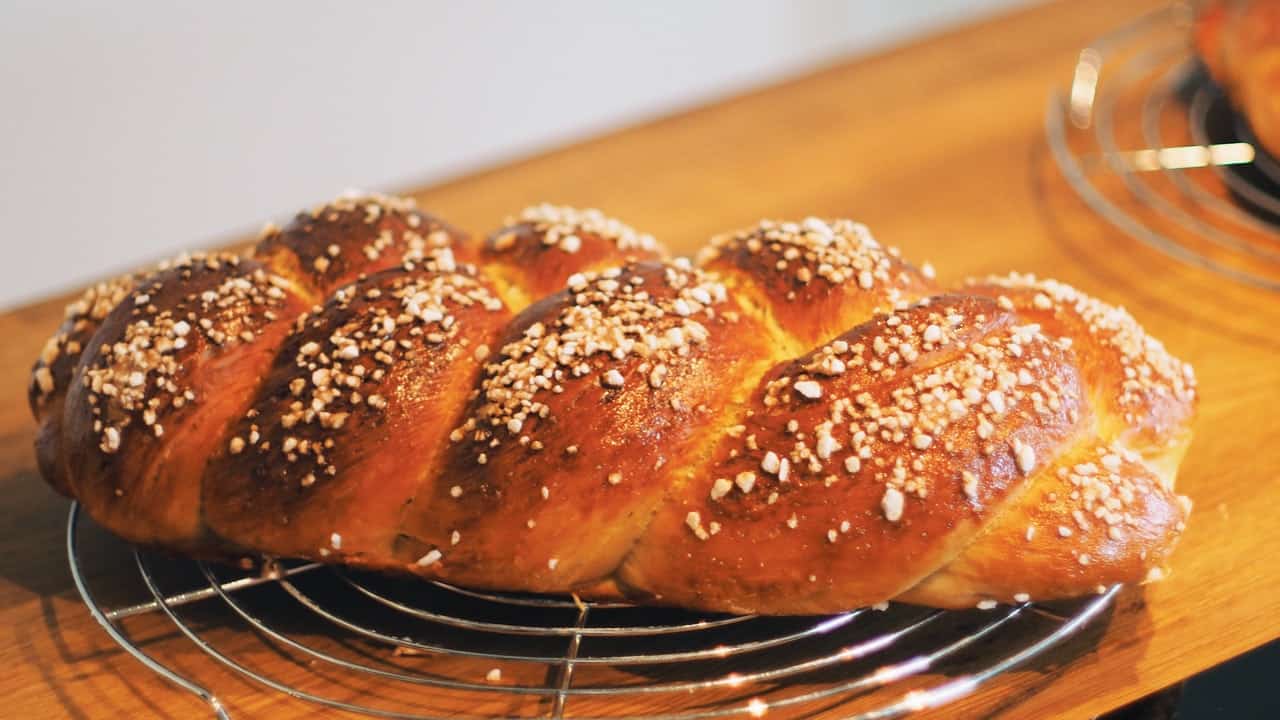Parshat Shelach Numbers 13:1–15:41 ( read in Israel this Shabbat)
After the difficult and painful experience of the Sin of the spies we read of offerings brought to bring a sweet fragrance before Hashem;
Speak to the children of Israel and say to them: When you arrive in the Land of your dwelling place, which I am giving you, When you arrive: He informed them that they would enter the Land.)and you make a fire offering to the Lord, a burnt offering or a sacrifice [namely a peace offering], for an expressed vow or for a voluntary offering or on your festivals, to provide a pleasing fragrance for the Lord, from the cattle or from the sheep.( Numbers 15:1-3)
After moving away from Hashem’s plan in an odious fashion one can understand bringing an offering as a peace offering and as a sweet fragrance.
Yet we also read the following;
Speak to the children of Israel and you shall say to them, When you arrive in the Land to which I am bringing you,and you eat from the bread of the Land, you shall set aside a gift for the Lord.The first portion of your dough, you shall separate a loaf( Challah) for a gift; as in the case of the gift of the threshing floor, so shall you separate it. ֙From the first portion of your dough you shall give a gift to the Lord in all your generations.( ibid: 17-21)
What does bread and the offering we take from our bread ( the Challah) achieve on a spiritual dimension and why is it needed for all your generations?
Bread is classically termed the “staff of life” and is considered the staple of mankind’s existence. The creation of bread from wheat is also known as the apex of his creative abilities. As the verse says: He would feed him with the finest wheat (Psalms 81:17).It is that same fine wheat bread is the result of much effort, planning and yearning that is brought to the temple on Shavuot for that reason.
As a result, “Bread” represents one the highest creative powers that we mortals possess Yet on the other hand it can also become the trap of those same mortal beings. Ancient Egypt was the preeminent civilization in the world for many centuries. Their military power and organization assured its control and mastery of vast territory. Their innovations in mathematics, construction, agriculture medicine and art ensured their supremacy over all other fledgling civilizations. Even their innovations in the making of bread made them a unique feature of the world at that time. That last fact may give some other insight to the importance of Pharaoh’s baker in the Joseph story and the separating from leavened bread to commemorate the Exodus from slavery in Egypt.
So the choice to take “The first portion of your dough, you shall separate a loaf( Challah) for a gift“ is a statement that “all things come from G-d”. That was in fact the lesson that needed to be repeated at this time of brokenness.
Though that Mitzva can be performed by males, it has become a beloved activity of the women in our people for generations.
Men and women are completely spiritually equal, yet they are very different as well.
Men generally sense G-d from the outside in.
Women generally sense G-d from the inside out.
They intuitively sense and know the wonderment in each physical aspect of creation whether it be “birth” or the baking of Challah for Shabbat.
It is in this time when they prepare the Challah by removing a piece of it as it was in the time of the Tanach, that has become a tender moment for deeply felt prayer to our Abba ( Father) who after all is said and done , the source of all that we have and need.
Photo by Jens Mahnke from Pexels
